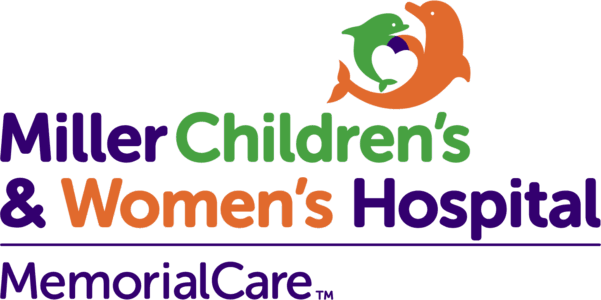By: Shari Kelly, DNP, RN, NE-BC, C-ONQS, RNC-OB, executive director, Cherese Mari Laulhere BirthCare Center, MemorialCare Miller Children’s & Women’s Hospital Long Beach
In the United States, the joyous occasion of childbirth is marred by a troubling reality: the rising maternal death rates among minority women. Despite advances in healthcare, maternal mortality rates have been steadily increasing, disproportionately affecting Black, Hispanic, Native American and other minorities. This disturbing trend highlights systematic disparities in access to quality healthcare and underscores the urgent need for targeted interventions to protect the lives of birthing people from marginalized communities.
Black women are three to four times more likely to die from pregnancy-related complications than white women. Similarly, Hispanic and Native American women face significantly higher maternal mortality rates compared to their white counterparts. These disparities persist across socioeconomic lines, with minority women from all income levels experiencing higher rates of maternal death.
Several factors contribute to the disproportionate impact of maternal mortality in minority communities. Structural racism and implicit bias within the healthcare system can result in inadequate prenatal care, delayed diagnosis and treatment of pregnancy-related complications, and disparities in access to maternal healthcare services. Additionally, socioeconomic factors further exacerbate the disparities in maternal outcomes among minority women.
One key challenge in addressing the crisis is dismantling systematic barriers to quality maternal health care.
Miller Children’s & Women’s acknowledges the ongoing work needed in minority health and has made this a priority for us. Nobody should be denied basic health care and standard health care due to race or ethnicity. That’s why we are initiating efforts to become the change, recognizing that much work is still ahead.
At the Cherese Mari Laulhere BirthCare Center at MemorialCare Miller Children’s & Women’s Hospital Long Beach, our healthcare providers and care team undergo cultural competency training to better understand the unique needs and experiences of minority patients. Further, Miller Children’s & Women’s has partnered with the California Maternal Quality Care Collaborative – representing one out of the five hospitals selected that have the biggest demographics of racial and ethnic minority populations – to discuss birth inequities, educate staff, share data results, and work to build a Hospital Action Guide for hospitals nation-wide to be empowered to do this more than important work.
Since initiating this focus, we have seen nearly a 10% increase in Black moms sharing that they always feel like they are treated with courtesy and respect. These patient’s-measures improve the relationship between the patients and care providers to ensure the patients’ voices are heard, and their wishes for their birth experience are honored. Evidence shows that this improvement will help close the disparity gap in birth outcomes for Black women and their newborns.
Currently, Miller Children’s & Women’s is continuing to work on implementing all recommendations from the Association of Women’s Health, Obstetric and Neonatal Nurses (AWHONN)’s respectful maternal care framework and evidence-based clinical practice guidelines. Our care teams, which include ourRespectful Maternal Care Champions, are working on improving our Black and Brown patient’s overall experience through the use of technology like Irth App, a first of its kind Yelp-like review and rating app for parents of color to leave and find reviews of Ob/GYNs, birthing hospitals and pediatricians. From the responses shared by patients on this app, we will be able to improve our care based on the patient experience and make births safer, more respectful, and equitable.
It is imperative to recognize and address the systemic disparities that continue to affect minority communities’ maternal health outcomes. Miller Children’s & Women’s Hospital is committed to championing change and advancing equitable healthcare practices for all birthing individuals. Through ongoing cultural competency training, partnerships with organizations like the California Maternal Quality Care Collaborative, and initiatives like the Respectful Maternal Care Champions, we are dedicated to ensuring that every patient receives dignified, respectful, and equitable care. By prioritizing the voices and experiences of Black and Brown patients, leveraging technology like the Irth App, and implementing AWHONN evidence-based guidelines, we are striving to close the disparity gap and create safer, more inclusive birthing experiences. As we continue our journey, we remain steadfast in our commitment to advocating for maternal health equity and driving meaningful change in the healthcare landscape.


